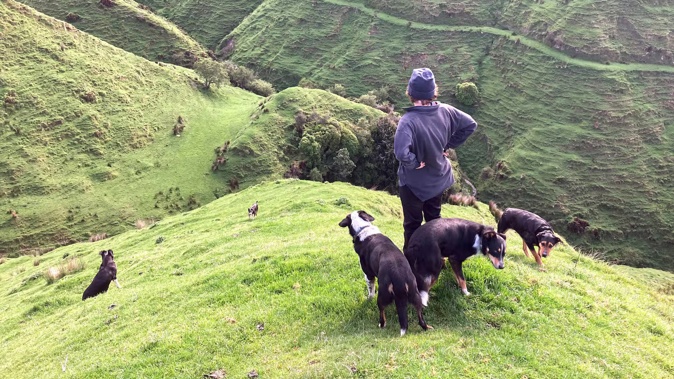
What makes a “good farmer” and do urban and rural groups have differing opinions on the subject?
That’s what a group of social scientists at Manaaki Whenua – Landcare Research have decided to find out.
They’ve teamed up with researchers from the University of Otago, Cawthron, AgResearch and Lincoln University, along with partners Dirt Road Communications, Quorum Sense and Thriving Southland.
Researchers wanted to explore the perception that in New Zealand, farmers and the largely urban general public have differing views on what is meant by being a good farmer.
Anecdotally, farmers see themselves as stewards of the land for future generations, using management practices that would be considered environmentally sustainable, whereas the urban public disagrees with such a portrayal.
But does a rural/urban difference of viewpoint about “good farmers” really exist?
To find out, the research team undertook two surveys in 2023, one with farmers and one with the general public.
To do this, they used the idea of social licence to operate (SLO) – a wide-ranging concept that describes how expectations of behaviour and actions are set between a community and a business or industry, often at a local level.
If a group has a social licence to operate, its actions and behaviours are accepted by the society it operates within.
Social licence to operate can extend into many aspects of what constitutes a “good farmer” – and the surveys reflected this.
Participants were asked whether they thought farmers:
- ethically manage their farms.
- comply with government rules and regulations.
- use practices that focus on animal welfare.
- contribute to the local community.
- reduce chemical inputs where possible.
The survey results showed some differences in perceptions between the two groups.
For example, the public tended to mention treating staff well, keeping fences intact, minimising the use of chemical inputs, ensuring they meet environmental requirements and legislation, and that they produce a good yield during harvest as being characteristics of good farmers.
By contrast, farmer respondents reported more often that a good farmer was one who gained social acceptability for their practices.
Farmers also expressed a belief that many members of the public didn’t understand what farmers did.
They thought this lack of understanding could affect public perception of the acceptability of farming.
Overall, however, the study showed a much closer alignment between the groups about what “good farmer” meant, senior researcher at Manaaki Whenua - Landcare Research, Peter Edwards said.
“Interestingly, both groups trusted farmers as a source of information more than they trusted the media.
“These results, when taken with other work in the Our Land and Water National Science Challenge, suggest that the perceived urban/rural divide between farmers and the public may not be as large as previously believed – which is good news for farmers’ continued SLO in New Zealand.”
Hugh Campbell, Professor of Sociology at the University of Otago, said it was an encouraging outcome in an area where “there had been a lot of discouragement lately”.
“The gap between urban and rural isn’t nearly as wide as it might appear in some social media discussions,” Campbell said.
“We need to build on this to avoid any further loss of trust between many parts of New Zealand society as we go about collaborating on finding solutions to some compelling farming challenges.”
Take your Radio, Podcasts and Music with you









